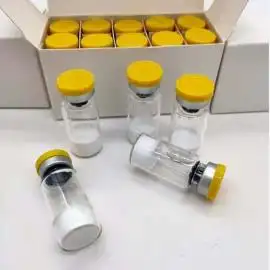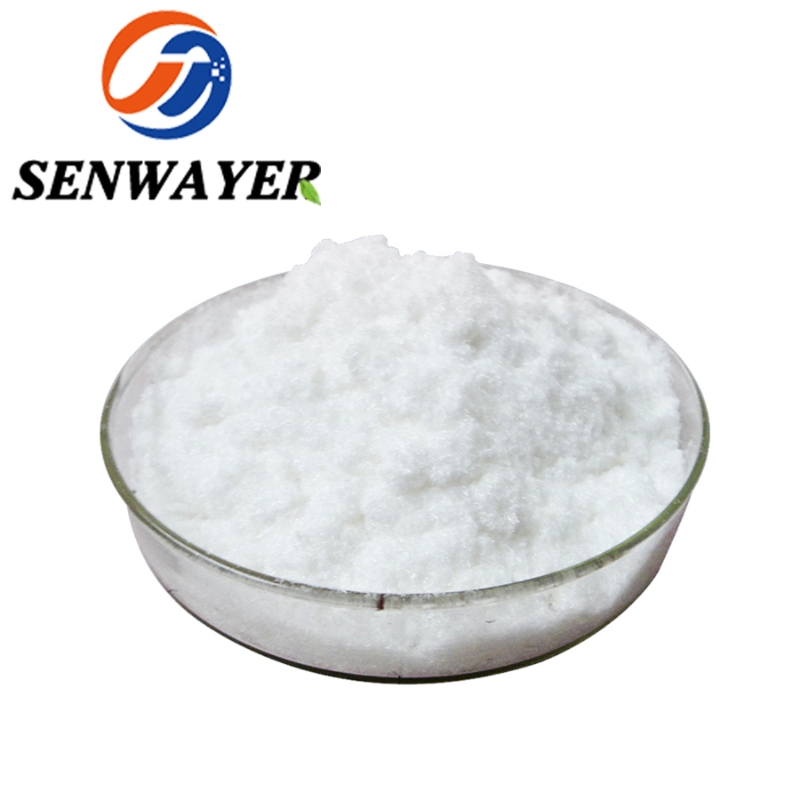-
Categories
-
Pharmaceutical Intermediates
-
Active Pharmaceutical Ingredients
-
Food Additives
- Industrial Coatings
- Agrochemicals
- Dyes and Pigments
- Surfactant
- Flavors and Fragrances
- Chemical Reagents
- Catalyst and Auxiliary
- Natural Products
- Inorganic Chemistry
-
Organic Chemistry
-
Biochemical Engineering
- Analytical Chemistry
-
Cosmetic Ingredient
- Water Treatment Chemical
-
Pharmaceutical Intermediates
Promotion
ECHEMI Mall
Wholesale
Weekly Price
Exhibition
News
-
Trade Service
1,1′-(1,5-Pentanediyl) di-2-propenoate, commonly known as the abbreviation DPDP, is a type of chemical compound that is widely used in the manufacturing of various products in the chemical industry.
This compound is a synthetic resin that is used as a monomer in the production of polymers.
DPDP is known for its excellent thermal stability and high reactivity, making it an ideal choice for use in a variety of applications.
Despite its many benefits, there are concerns about the safety of DPDP in the workplace, particularly for those who handle the chemical on a regular basis.
One of the main concerns with the safety of DPDP is its potential to cause skin irritation.
The chemical is classified as a skin irritant, which means that it can cause redness, itching, and other irritation on the skin of those who come into contact with it.
Prolonged exposure to DPDP can also cause more severe skin problems, such as dermatitis or even respiratory problems, if the chemical is inhaled.
Another safety concern with DPDP is its flammability.
The chemical is highly flammable and can ignite easily when exposed to heat or sparks.
It is important for workers who handle DPDP to take the necessary precautions to prevent fires or explosions from occurring.
This includes avoiding smoking or any other activities that could create a spark near the chemical.
Additionally, it is important to store DPDP in a cool, dry place away from any ignition sources to minimize the risk of fire.
Despite its potential health risks, DPDP is still widely used in the chemical industry due to its many advantages as a synthetic resin.
The chemical is known for its high reactivity, which makes it ideal for use in the production of polymers.
The thermal stability of DPDP is another important advantage, as it allows the chemical to be used in a variety of high-temperature applications without breaking down or degrading.
In addition to its use in the production of polymers, DPDP is also used as a monomer in the production of other chemicals.
The chemical is particularly useful in the production of polyurethane polymers, which are widely used in a variety of industrial applications.
DPDP is also used in the production of polyester resins, which are used in the manufacturing of a variety of products, including plastic bottles and containers.
To ensure the safety of workers who handle DPDP, it is important for chemical companies to provide proper training and protective equipment.
Workers should be fully trained on the proper handling and storage of DPDP, as well as any potential health risks associated with the chemical.
Additionally, companies should provide workers with protective equipment such as gloves, safety glasses, and lab coats to minimize the risk of skin irritation or other health problems.
In conclusion, 1,1′-(1,5-Pentanediyl) di-2-propenoate, or DPDP, is a versatile synthetic resin that is widely used in the chemical industry.
While the chemical offers many advantages in the production of polymers and other chemicals, there are concerns about its safety for workers who handle the chemical on a regular basis.
To minimize the risk of health problems, it is important for chemical companies to provide proper training and protective equipment for workers, as well as to store DPDP in a safe and secure location away from any ignition sources.
With proper precautions in place, the safety risks associated with DPDP can be effectively managed to ensure a safe and healthy work environment for all involved.







